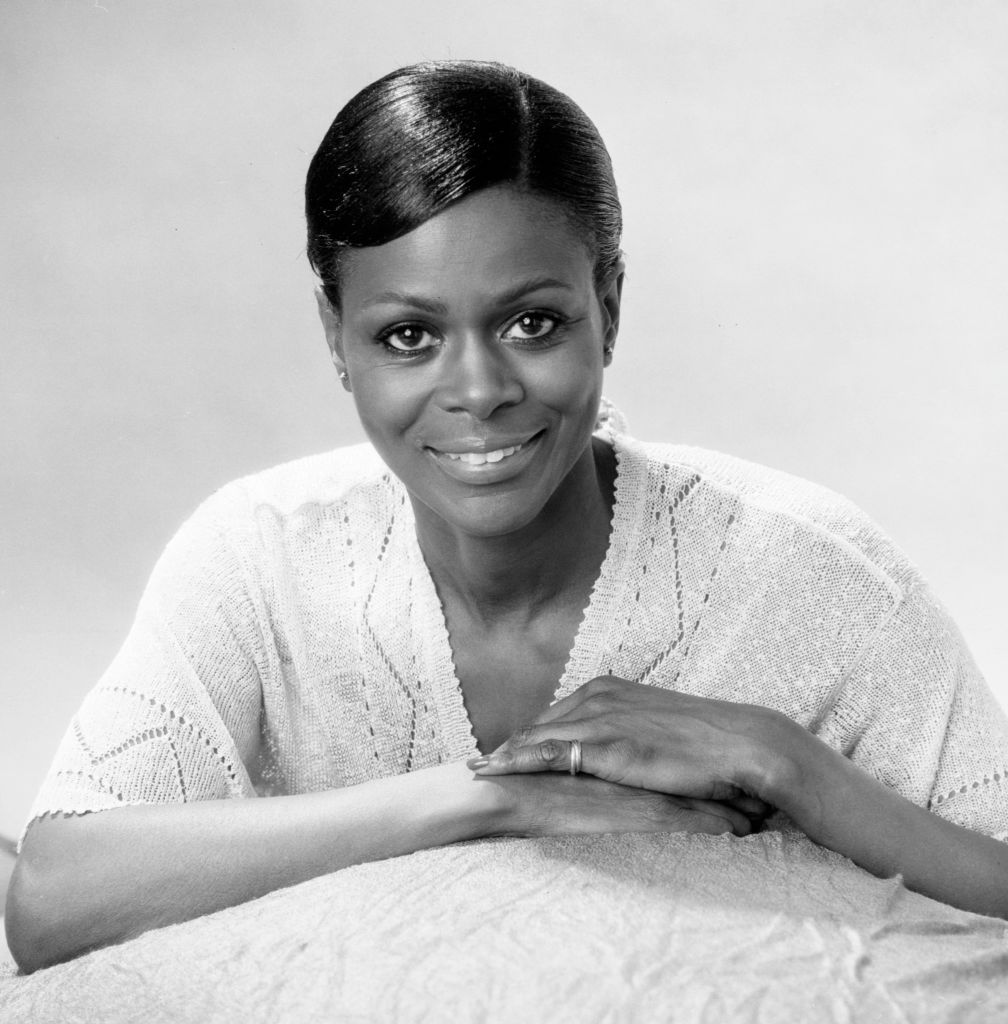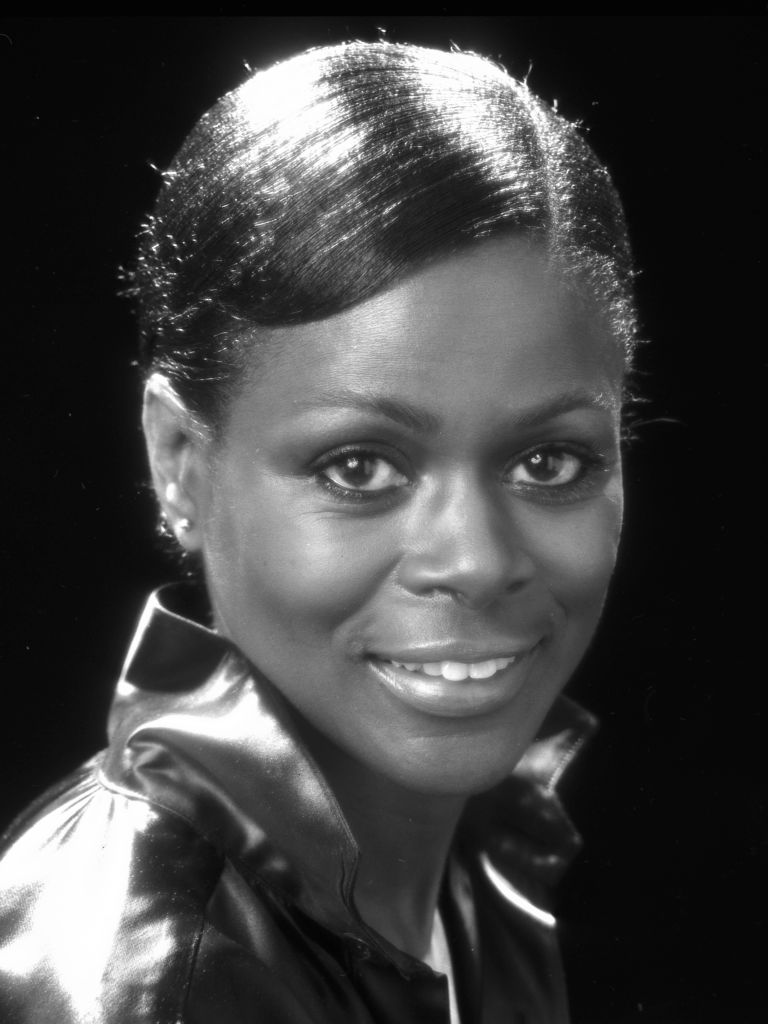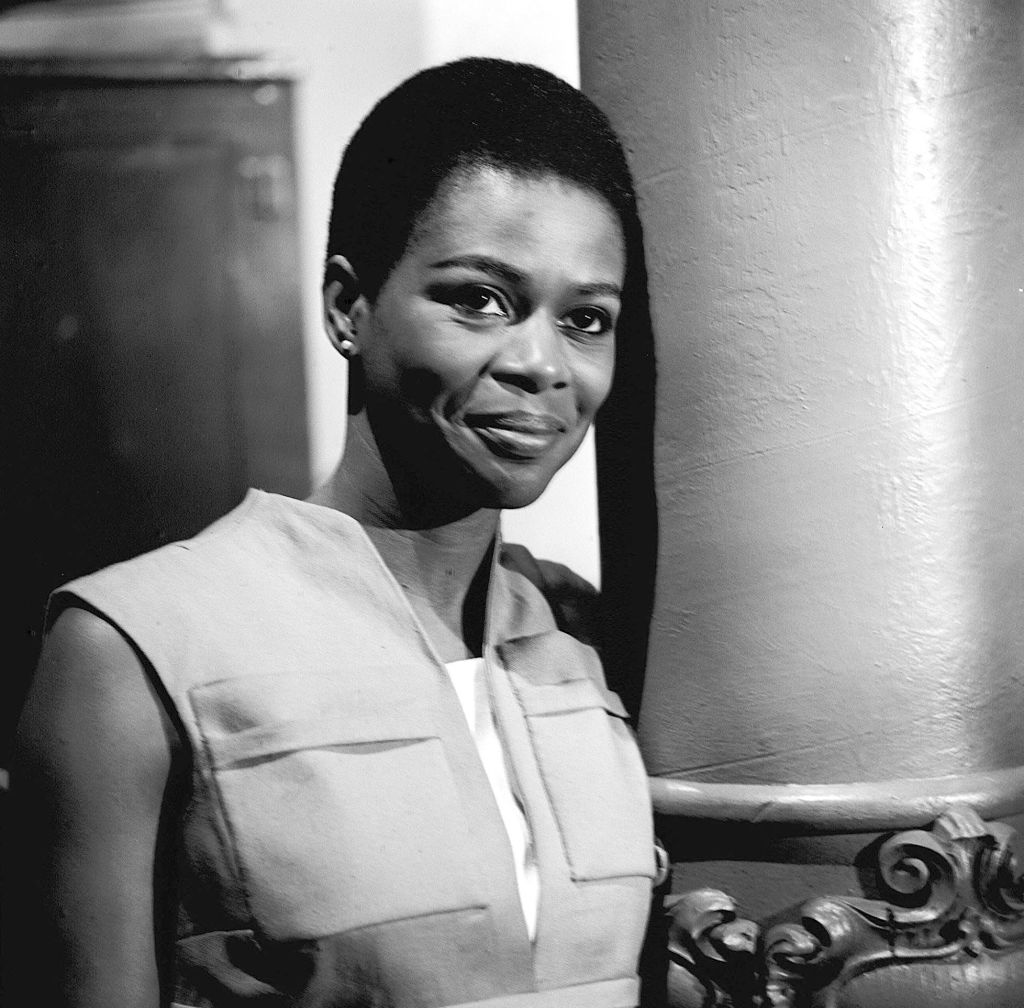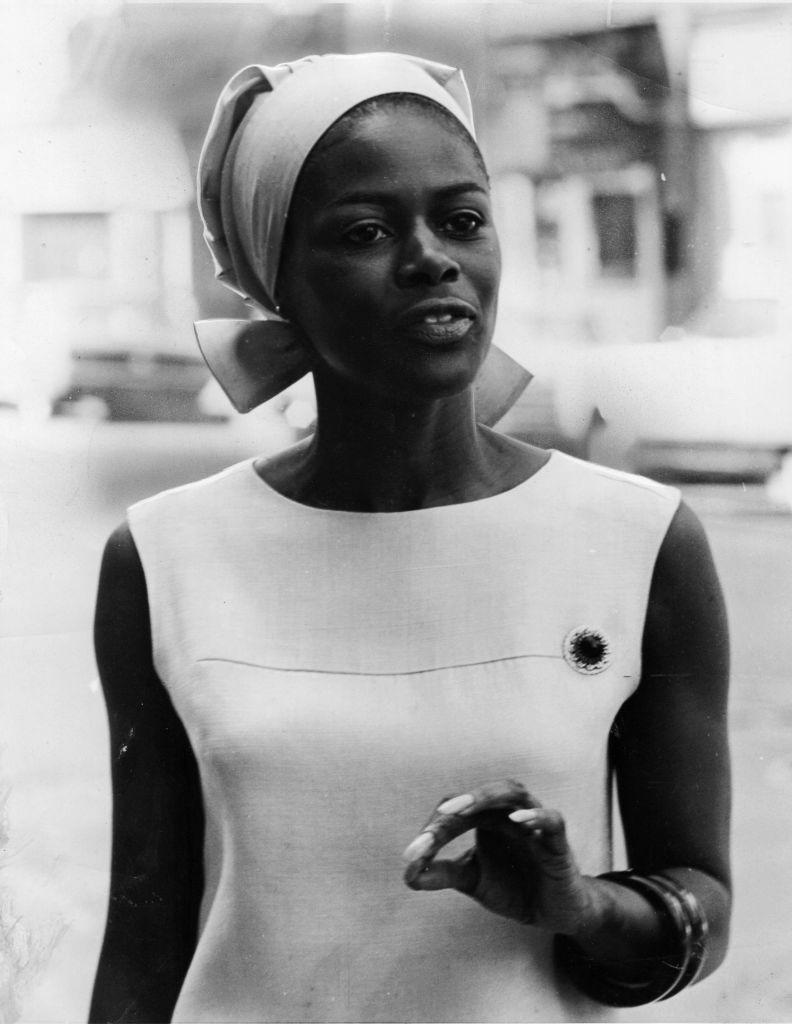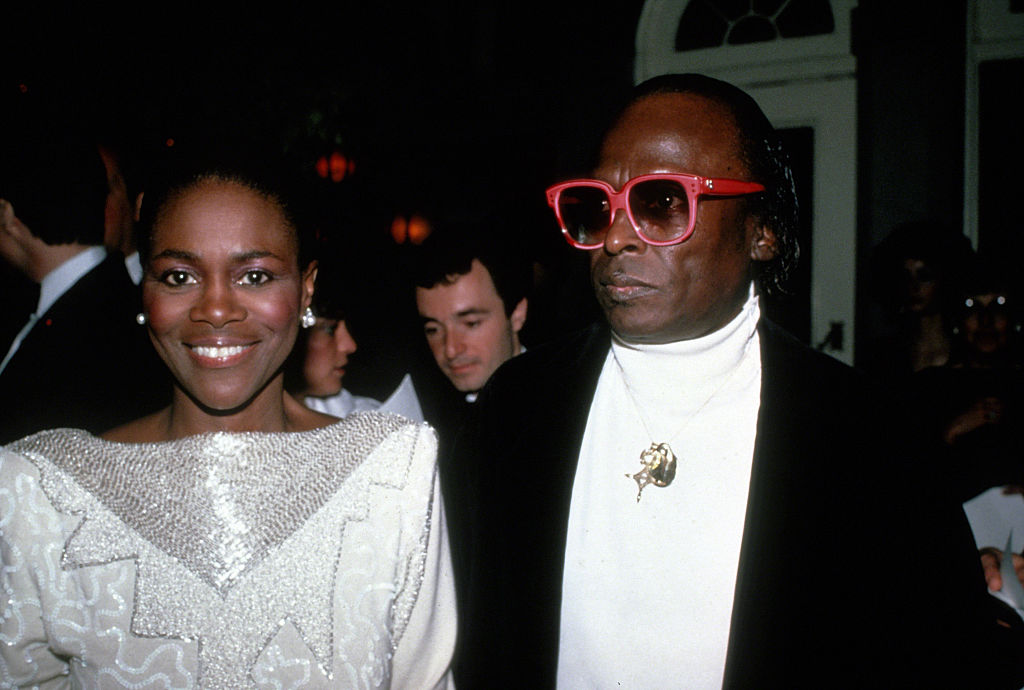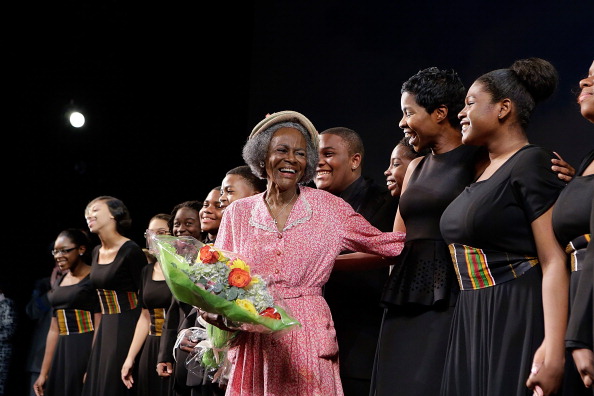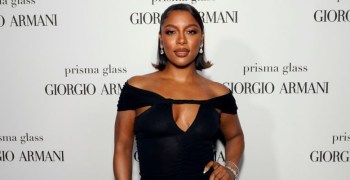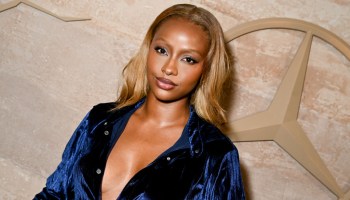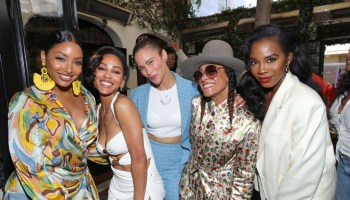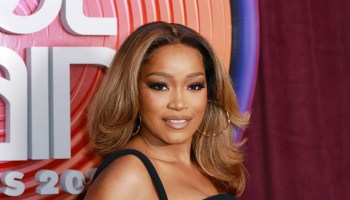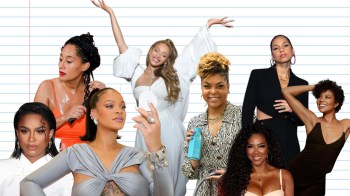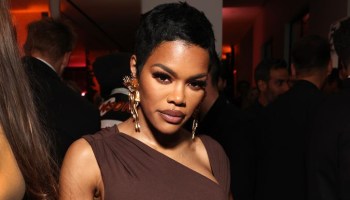Cicely Tyson is not one to mourn but rather one to celebrate and rejoice as she takes her place among the pantheon of Black women who are now our ancestors. In keeping with Black spiritual tradition, she will be venerated accordingly, in death, as she was in life. Just two days after the release of her autobiography, Just As I Am, Ms. Tyson transitioned on Jan. 28. The icon leaves behind 73 years of collective mastery to be cherished. Tyson, born of immigrant parents from the West Indies, was a brown girl from East Harlem who was “raised in poverty” and knew “what it [was] to want a piece of bread,” she once told New York Times. Yet, from the way she lived her life, and punctuated it with such regality, we’d be hard pressed to believe she was anything short of royalty. See, that’s the thing about Ms. Tyson. Not only was she an exemplary model-turned-thespian-turned-philanthropist, she was truly the embodiment of every Black woman across age and social class. She was a woman of her time and of ours—of grandmothers, godmothers, mothers, aunties, daughters and sisters.
MUST READ: Hollywood’s Elite Share Their Memories On The Late Cicely Tyson
I certainly feel the warmth of familiar suns when I visit Tyson’s past despite having over five decades between us. I, too, was born and raised in New York City, and have felt the pangs of poverty. I, too, was an unwed, teenage mother at a time when it was not popular to be. In 1942, Tyson was pregnant with her daughter at 17 years old. I was 15 years old with mine and like Tyson, I too, wanted much more out of life; so much so that like Tyson, I, too, had a complicated relationship with my baby girl. Tyson reflects on this in her memoir, reminding us of hard choices women have to make for survival: “I do not regret that I chose to earn a living in the manner in which I did, or that I arranged for Joan to attend school in a world miles north of mine,” Tyson wrote. “But I do mourn that my child, during the years she hungered to have me close, felt my absence so profoundly.”
Tyson’s decision, albeit a difficult one, that created distance between her and her child, also catapulted her into a world of beauty and fashion on the pages of Ebony and Jet magazines, and placed Black women with sable skin and textured hair on full display. She was one of the first Black women to don natural hair—a teeny weeny afro—in mainstream media. Modeling led Tyson into a 70-year acting career in which she played roles that centered Black women, and aligned them with their ambition, freedom, joy, pride, resilience and strength. In a discussion with my 69-year-old aunt who raised me, I learned my late grandmother, who was a year younger than Tyson, absolutely adored the icon.
“My mom loved her.” my aunt Hattie said. “Every time she saw a ‘colored’ person on TV she was excited. I guess she felt they made it.” What my aunt said that followed pulled at my heartstrings: “I think she lived the way she was expected and raised me to do the same. Cicely Tyson was probably Q–one who opened her eyes. That’s why I pushed you to write and told Lisa (her daughter) not to worry about learning to cook and make sure she has a career.”
As uplifting as it was for Black women to see these representations of themselves on screen, it was equally important for Tyson to positively portray Black women in the films she worked on. Throughout her career, she absolutely refused to play the part of “whores, junkies and sex kittens.” A Black woman who has a standard on which she will not compromise speaks volumes to her community and especially to an industry that tends to see Black women as stereotypical stock characters.
“I think it’s dope that she went against the grain in that industry,” said Stacey Muhammed, a film director who has worked on Queen Sugar. “Cicely Tyson was a woman who existed in the world of Hollywood but wasn’t of that world. I always sensed that her self worth wasn’t tied to her success, but that she had a true sense of who she was, the type of connectedness to her roots that allowed her to embrace the truth of who she was when there was little support to do so around her.”
We were wowed by Tyson’s ascension and celebrity, but we also understood she was human. She struggled with Black love as many of the Black women she entertained. At the height of her career, her on-again-off-again romance with the Jazz legend Miles Davis was a tell-tale of infidelity, jealousy and violence. Their first engagement ended with Davis marrying Betty Marbry in 1968. Tyson reunited with Davis in the late 1970s. The couple married in 1981 and divorced in 1989. Tyson admitted her love, solidarity and weakness for Davis in her book: “I married Miles not because of the world’s opinion of either of us, but because of who we were for one another in private.” She continued, “his behavior sometimes disturbed me greatly, even humiliated me. And yet more than anger, I felt compassion, and pity for his sad state. It is possible to be at once hurt by a man and heartbroken for him. I could not let Miles throw himself away.”
Black women are traditionally known for rescuing and repairing, and Tyson was no different in how she negotiated that in her love life. The beauty is it that did not break her. It is a strength of Tyson’s that Muhammed admired:
“Her darkest moments, the ones that played out in the public eye, they didn’t define her. It’s not what we think about when we think of Cicely. She had so much more life to live and give beyond that. She’s a hero of mine not so much because she was this beautiful iconic black actress but more so because she was a Black woman who found her way back to herself in a world that was designed for her to stay right where she was.”
Nana Eyeson-Akiwowo had the opportunity to give Ms. Tyson her flowers. As coordinator and documentarian for the harlem-based New York City Mission Society, a nonprofit organization that honored Tyson in 2013. Eyeson-Akiwowo describes the experience as nothing short of amazing among learning about Tyson’s philanthropy.
“I didn’t know she had a school,” Eyeson-Akiwowo told me. “She has a whole school. The Cicely L. Tyson Community School of Performing and Fine Arts in East Orange, New Jersey. Ms. Tyson said ‘if you’re going to do anything that reflects me, then you’re going to reflect this school because this school reflects me’ and we took a trip out to the school. Everything about the school embodied that level of elegance, of grace and sophistication that is Cicely Tyson.” Eyeson-Akiwowo went on to share their encounter at the night of the gala. “I escorted her from the car to the ballroom, and I treated her like I would treat my own grandmother, like a treasure … when I walked her into the ballroom everyone stopped, stood up and made a path. Everyone understood that an American treasure had walked in the room. It was amazing.”
Amazing—a simple word that perfectly defines the impact Tyson has had on Black womanhood. She was truly a woman of her time, and it cannot be overstated that she was a woman of our time, too. We had her attention and she had our attention, too. She was ours, and as an ancestor she will always be within our reach.
Cicely Tyson’s family announced, today, there will be an official public viewing for Tyson on Monday, February 15, in New York City between 10 a.m.-6 p.m. The viewing will take place at Abyssinian Baptist Church, 132 Odell Clark Place (Deadline).
RELATED STORIES:
Honoring A Legend: Black Pioneer Cicely Tyson Passes Away At The Age Of 96
Remember When Cicely Tyson Broke The Internet With Her Ombre Lob?

